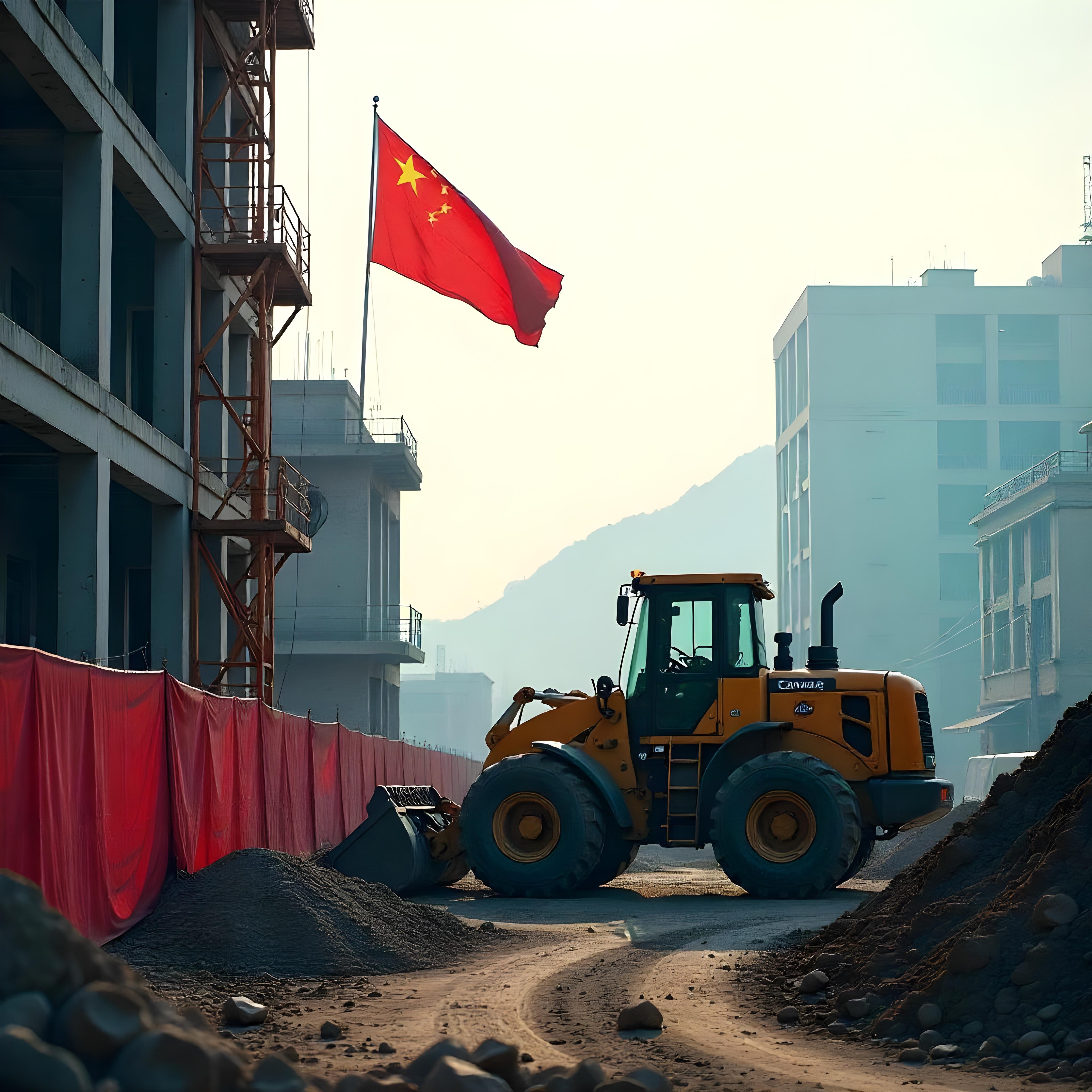
In January this year, a Hong Kong court ordered the liquidation of Evergrande, a Chinese real estate behemoth. At the time of the liquidation order, it had accumulated debt of over $300 billion.
The current real estate crisis in China is that a large number of private real estate developers are defaulting on their loans. This crisis started when the Chinese government imposed harsh Covid lockdowns in 2020. Many people lost their jobs, and housing became more unaffordable in this high-unemployment scenario. Amidst all this turmoil, the Chinese government imposed a number of new restrictions on the amount of debt that real estate companies can take. To meet these new restrictions, many real estate companies needed to pay off their existing debt. They were unable to raise money through equity or home sales for paying off these debts because of the economic devastation caused by severe lockdowns.
Defaults started happening. Evergrande’s was one among them.
According to data from The Economist, by March 2024, new home sales in China had gone down year-on-year by 47%! The Chinese government does not seem to be keen on providing any significant relief to private real estate companies. The government wants state-owned developers to replace private developers and more social housing to be developed instead of luxurious private apartments.
The severe slowdown in the Chinese real estate market is having its impact on the global economy. Demand for steel and other raw materials used in construction is being impacted. Many Chinese citizens invested their money in real estate for investment purposes. The ongoing slowdown has caused a sharp decline in real estate prices. These citizens are therefore feeling the wealth effect—their effective wealth has gone down. This, in turn, is having an adverse impact on consumption in the Chinese economy.
Retail sales in July increased year-on-year by 2.7%, after increasing by just 2% in June 2024. A decline in Chinese consumption will also have an adverse impact on global economic demand.
Stocks in sectors ranging from metal companies to luxury goods makers may be adversely impacted due to the ongoing real estate crisis in China. Increased government intervention in the Chinese real estate market will make it more inefficient, and the market’s long-term growth trajectory may permanently slow down. This will bring down the long-term growth of China as well.